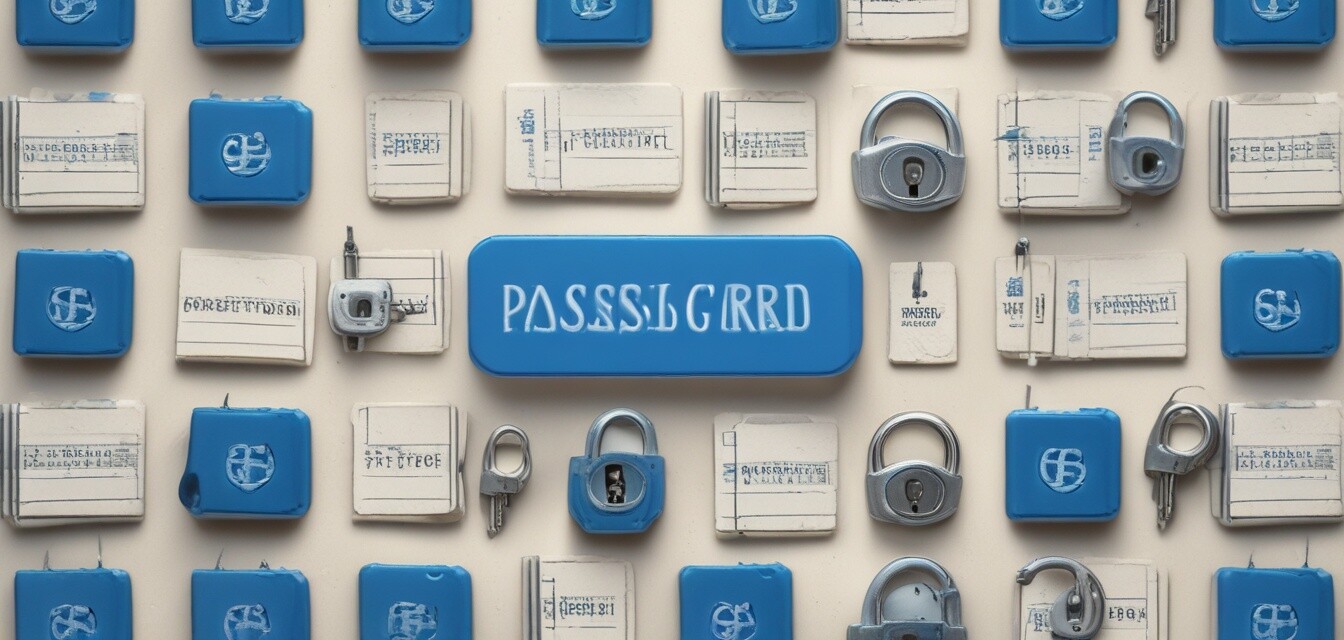
How to Create Secure Password Recovery Questions
Key Takeaways
- Select questions that are not easily guessed or found online.
- Avoid publicly available information when possible.
- Use a mix of personal and obscure references.
- Document questions and answers in your password log book for easy access.
- Regularly review and update your recovery questions.
Password recovery questions serve as an essential security layer for recovering access to your online accounts. While they provide a way to regain access to locked accounts, creating secure and effective recovery questions requires careful consideration. This article will guide you through the best practices for crafting secure password recovery questions and the importance of documenting them in your password log book.
Why Are Password Recovery Questions Important?
Password recovery questions help verify your identity when you forget your password. If designed well, they can enhance your security by providing an additional barrier to unauthorized access. However, poorly chosen questions can compromise your account and personal information.
Characteristics of Secure Recovery Questions
When creating recovery questions, consider the following characteristics that make them secure:
- Complexity: Choose questions that need detailed answers, not simple yes/no responses.
- Personalization: Select questions only you can answer; avoid generic ones.
- Obscurity: Use questions that are not easily searchable or guessable.
Examples of Secure Password Recovery Questions
Here are some examples of secure recovery questions to consider:
| Question Type | Example Question |
|---|---|
| Childhood | What was the name of your first pet? |
| Unique Experience | What is the most unusual job you have ever had? |
| Favorites | What was the title of your favorite childhood book? |
| Family | What is the name of the street you grew up on? |
| Location | In which city did you first go on vacation? |
Tips for Documenting Recovery Questions
Beginner's Section
- Write down your questions and answers immediately after creating them for accurate recollection.
- Store this information securely in your password log book.
- Use a different page for each account to keep your log organized.
- Regularly update and review your questions to ensure they remain secure.
Common Mistakes to Avoid
While creating recovery questions, be mindful of these common mistakes:
- Using information that can be found on social media or public records.
- Choosing questions that only require a single word answer.
- Forgetting to document the questions properly in your password log book.
Maintaining Your Password Log Book
Keeping your password log book organized and updated is key to utilizing it effectively. Here are some essential tips:
- Use sections or tabs to categorize different accounts.
- Name the website or service next to each entry for easy referencing.
- Periodically review and purge outdated entries.
Final Thoughts
Creating secure password recovery questions is crucial for maintaining your online security. By selecting obscure, personalized questions and documenting them carefully in your password log book, you take an essential step towards safeguarding your accounts and sensitive information.
Pros
- Enhances account security significantly.
- Provides an extra recovery option if passwords are forgotten.
- Customizable based on individual experiences.
Cons
- Weak questions can be guessed or found online.
- Not all accounts use recovery questions for password resets.
- Memorizing multiple answers can be challenging.